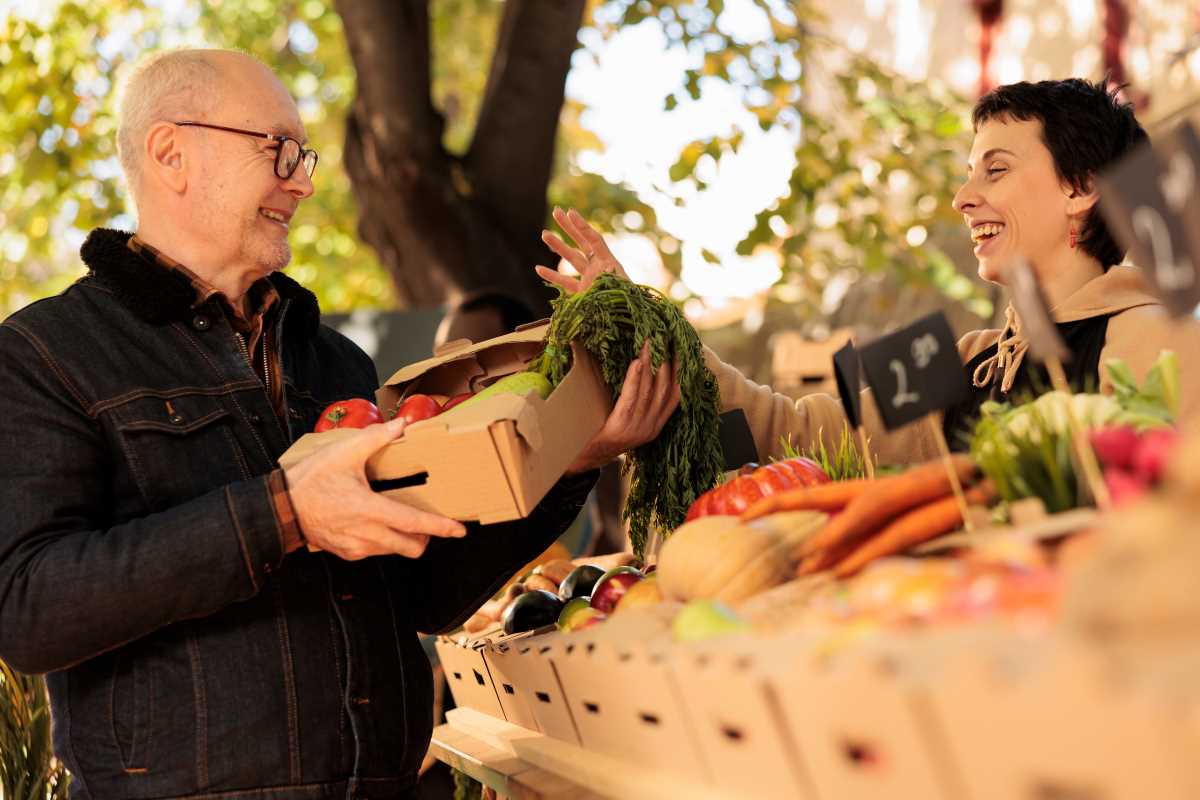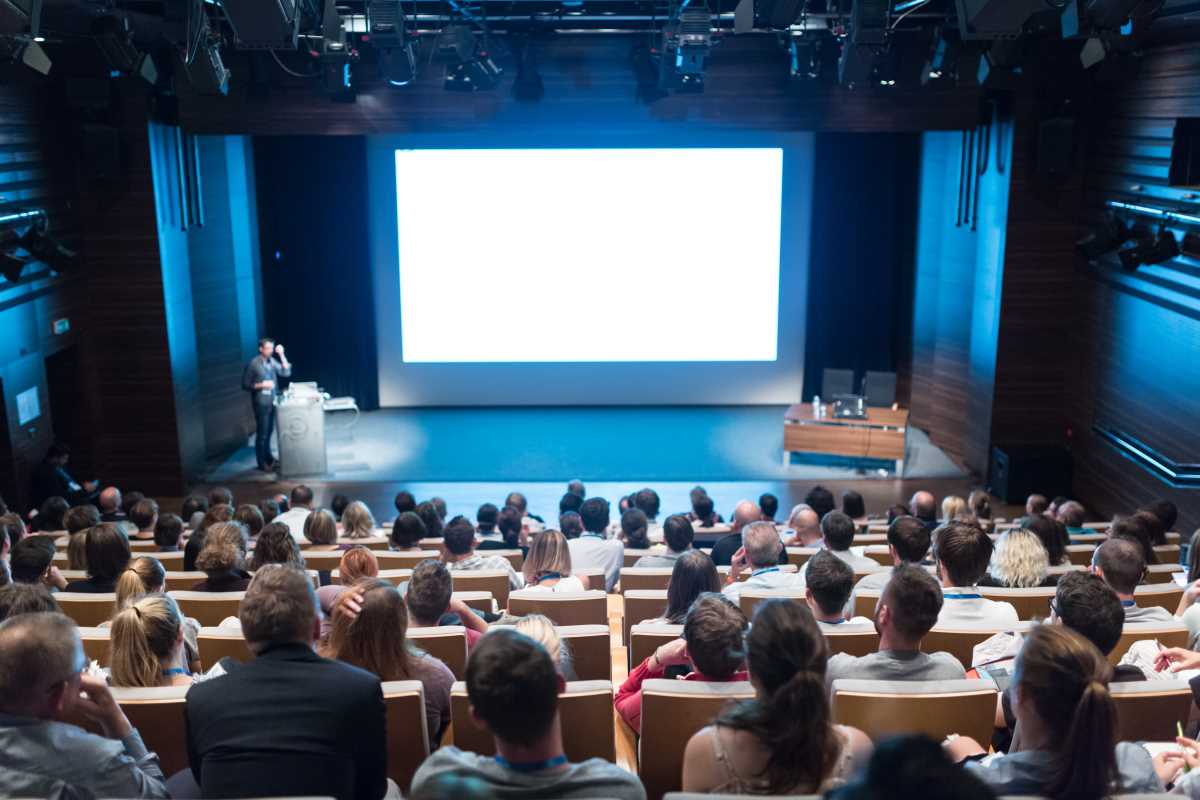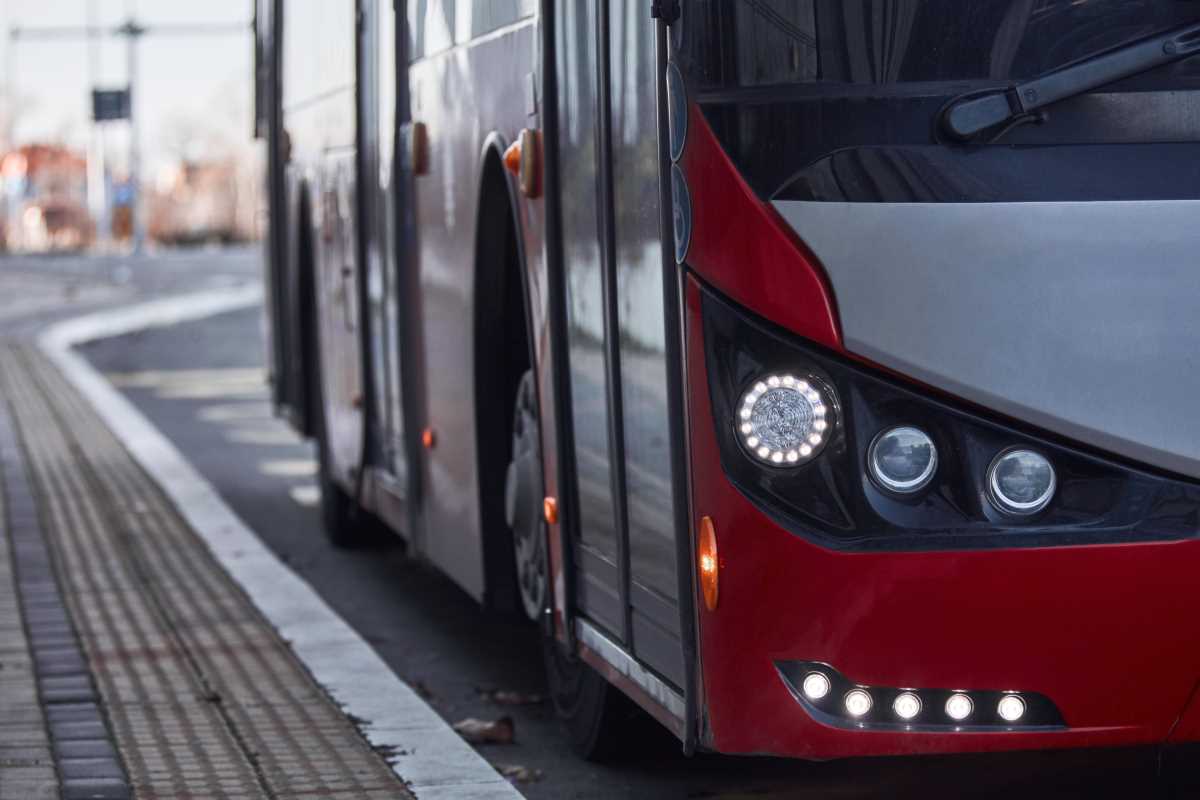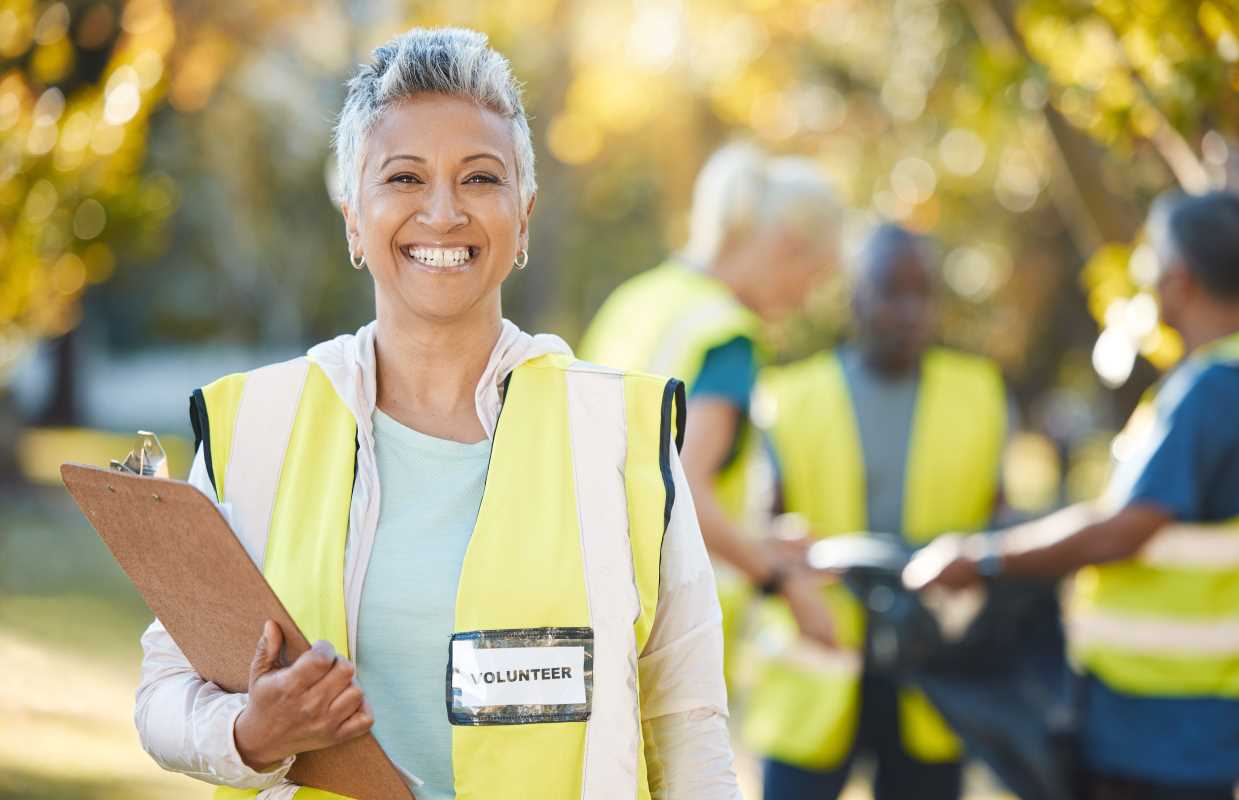Supporting local businesses through community-led events strengthens neighborhood identity and economic resilience. When residents, entrepreneurs, and organizers come together, they create shared experiences that drive both social and commercial benefits. These gatherings can range from seasonal markets and cultural festivals to educational workshops and networking sessions. Beyond boosting foot traffic and local sales, they build lasting relationships between customers and business owners. Effective planning ensures inclusivity, collaboration, and genuine community value. By aligning events with local interests, organizers not only foster economic growth but also inspire pride and participation within the neighborhood.
Identifying Community Needs
- Gather insights from residents, local business owners, and community leaders to understand shared priorities, interests, and everyday challenges.
- Review existing data sources — such as community surveys, feedback forms, or social media discussions — to identify unmet needs and new opportunities for engagement.
- Hold conversations or small group meetings with neighborhood organizations to exchange ideas and confirm that proposed events align with real community interests.
- Use this input to define clear goals for the event, ensuring it feels relevant, inclusive, and valuable for everyone involved.
Designing Inclusive Event Formats
Organizers bring people together by offering activities that welcome individuals from various age groups, backgrounds, and interests. They include a thoughtful blend of entertainment, learning experiences, and opportunities for social connection, ensuring everyone finds something enjoyable. By keeping the event adaptable, planners respond to different preferences and make it easy for everyone to join in. This approach sparks a sense of community and makes participation feel inviting and meaningful for all involved. Whether through music, workshops, or casual gatherings, each element encourages shared experiences and lasting connections among attendees.
Partnering with Local Businesses
- Reach out to nearby shops, restaurants, and service providers to invite their participation and support.
- Coordinate with these businesses to offer special deals, demonstrations, or product displays during the event.
- Share responsibilities for setup, promotion, and cleanup to foster a sense of shared ownership.
- Develop a partnership plan that benefits everyone involved and promotes ongoing collaboration.
Marketing and Promotion Strategies
Use flyers, social media posts, and community bulletin boards to spread the word about the event. Engage local influencers and community organizations to help reach more people. Highlight the unique aspects of the event and the benefits for attendees and participating businesses. Encourage community members to share the event details with friends and neighbors.
Creating Engaging On-Site Experiences
Set up interactive activities, live performances, and hands-on demonstrations to keep visitors interested. Ensure there are comfortable spaces for socializing and opportunities for attendees to learn about local businesses. Provide clear signage and information booths to guide visitors and answer questions.
Measuring Impact and Success
Tracking the success of a community-led event involves more than counting attendees — it requires understanding the full scope of its influence. Begin by collecting key metrics such as attendance numbers, local business sales during the event, and engagement across social media platforms. Monitor mentions, shares, and tagged photos to gauge how widely the event resonated online. Complement quantitative data with qualitative feedback through surveys, interviews, or casual conversations with participants and business owners. Ask what they enjoyed most, what challenges they noticed, and what could be improved next time. Analyzing this feedback helps refine planning, strengthen partnerships, and ensure future events deliver even greater community value.
Building Stronger Connections Through Collaboration
Community-led events are more than short-term boosts for local commerce—they lay the foundation for long-term cooperation and trust. When small businesses and residents collaborate on shared goals, the result is a stronger, more connected local economy. These events nurture loyalty, attract new visitors, and spark creativity among entrepreneurs. With ongoing feedback and innovation, each new gathering can refine what makes the community thrive. Ultimately, success depends on listening, adapting, and celebrating together—transforming everyday interactions into meaningful partnerships that keep local business at the heart of community life.
Hosting community events helps local shops by bringing residents together and encouraging shopping. Understanding needs and promoting effectively make these gatherings successful. Measuring results ensures ongoing engagement and improvement.





.jpg)

